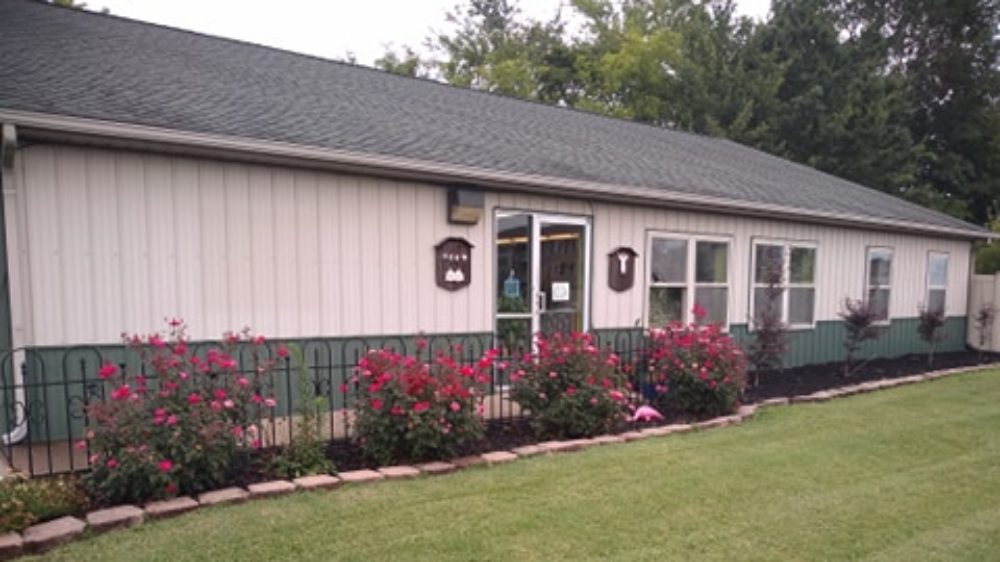Every once in a while, a word sticks in my mind and I evaluate the word for what I know about it. Sometimes I look it up in the dictionary or the OED (Oxford English Dictionary) that offers both the word’s history with examples of who used it when, and the first time it was used and by whom. Words are important to me because it’s through words that we are able to learn more.
The word responsibility has taken a beating in the last ten years or so. It used to be a “me” word, and now it’s a “you” word. What I mean by this is that years ago, we had this Latin saying, “mea culpa” meaning my fault, and I will take responsibility for what has happened…good or not so good. Today, we never hear that any mishap, injury, occasion of hurt is mea culpa. It’s never my fault. And because it’s not my fault, I don’t have to ever say, “I’m sorry,” which lets me off the mea culpa roles and the general hook for apology.
There are all kinds of responsibilities today that we run from like thieves in the night…we simply don’t want to take care of ourselves or anyone or anything in our lives that will take us away from recreation, a focus on self, and return us to a life of work and remorse.
Now where does this take us in building a child’s life? If we are the primary educators of our children, and children are watching us for example, we are teaching our children that responsibility is a bad thing…don’t ever take any…admit nothing…and pass the buck as often as you can…and never ever say, “I’m sorry.”
I work with a team of men and women. It’s always interesting to watch who will step forward and do what needs to be done without being asked. The other day at the pool, I was awed by two young teachers who wrapped up the lunch remains, packed the coolers and then carried it all to my car. It has always been my job, and these wonderful young girls took the responsibility on and finished the job. I can’t tell you how much this meant to me.
On the same occasion, I watched two other teachers get into the very chilled water at the pool and take on the responsibility of teaching our kids how to swim. This is a big job, and on more summers than one, I’ve had to push teachers into the water…but this year, two of our youngest have stepped forward and are working very hard so that every child swims. I am so proud of them. This allows the other teachers to monitor the very youngest child who is emerging as a “jellyfish.”
Creating a great program means at one time or another, everyone has to step forward and take responsibility for not only what needs to be done, but for projects and activities that go astray. Self reflection helps. It’s hard to admit that something didn’t work, that a project was a mess and the children learned nothing. But that errant project is not the end of the world. It’s a lesson well learned, and being able to admit that it was flawed, that the flaw was my fault, and I’ve learned from my mistake is a good thing…not a bad thing.
We know while teachers are stepping forward, the kids are watching and learning what it means to be a responsible person and a participant in the game, and that excuses for not participating and not accepting responsibilities won’t cut it in the active world.
It’s our job to teach our children how to step forward and grab the moment and thrive and some children do this very well. Hands go up to volunteer…not by all, but by some, and as a child grows older and wiser, and bolder, his hand is up to volunteer an answer, for a job and to offer an opinion. This is our gold. This is what we should be about.
In a media centered world, a very selfish place, a narrow and unlending place, one of our most important lessons in the sheltered place we know as the Garden School, is to teach our children that sometimes a failure is our fault, and sometimes our job has not been done by us the way it should be, that we make mistakes, and there are no excuses. And at the same time to reward, to compliment, to praise a job well done and a child who has learned to step forward.
